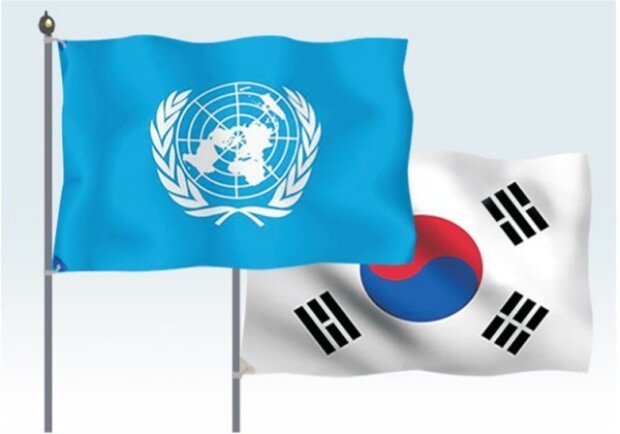What I learned from descendants of warriors
What I learned from descendants of warriors
Posted July. 12, 2022 08:04,
Updated July. 12, 2022 08:04

I had an opportunity to meet the descendants of the Korean War veterans from abroad. They varied in nationality and age just like the UN forces, including young students and great-grandchildren of the veterans.
We discussed various topics such as how significant the Korean War was globally, as well as the World Wars and the Cold War during the 20th century, future war threats, and efforts to bring peace to the world. As they all had great debating skills, I was quite surprised by the high quality of the debate. Some wanted to raise deep and sharp points but didn’t do so considering the situation, being considerate to each other.
Conversations with young students are always refreshing. It’s not because their perspectives are new or anything, it’s because they remind me of the past when I had similar contemplation and how it turned out in real life. It is not old nor obvious but refreshing because human desires don’t change, and humanity repeats the same mistakes and errors. But that doesn’t mean humanity goes on the same path. Even on a 50-year-old road, cars on the road are new. Even when issues and conflicts are the same on the same road, people change. And they need to find solutions. Older generations don’t have to run to conclusions but come up with goodwill and courage to rise to the challenge.
As the students had different backgrounds, we could have had more intense and fierce discussions on conflicts across borders and continents, the gap between rich and poor, and the role and dominance of superpowers. They could have been harsher to each other, but I could feel that they were making efforts to understand each other.
What’s the difference between knowing and having a conversation? It has to do with trying to understand and respect the counterparts. What splits the world with drastic decisions? It has to do with setting an impermissible realm of evil. An idealist says there’s nothing a conversation can’t solve. No, before that, breaking the dichotomy of good and evil should precede.
Headline News
- Joint investigation headquarters asks Yoon to appear at the investigation office
- KDIC colonel: Cable ties and hoods to control NEC staff were prepared
- Results of real estate development diverged by accessibility to Gangnam
- New budget proposal reflecting Trump’s demand rejected
- Son Heung-min scores winning corner kick







